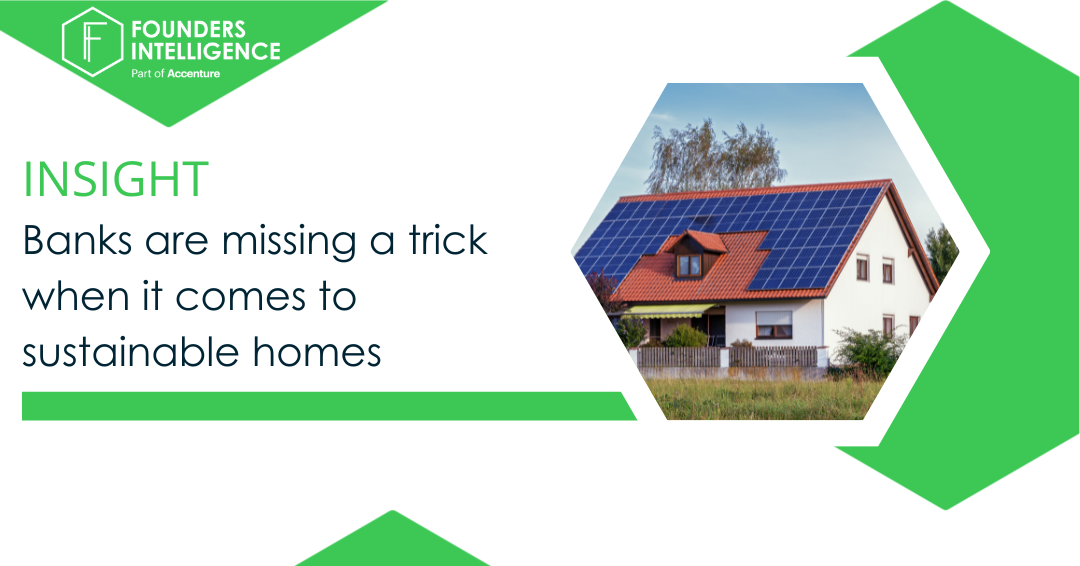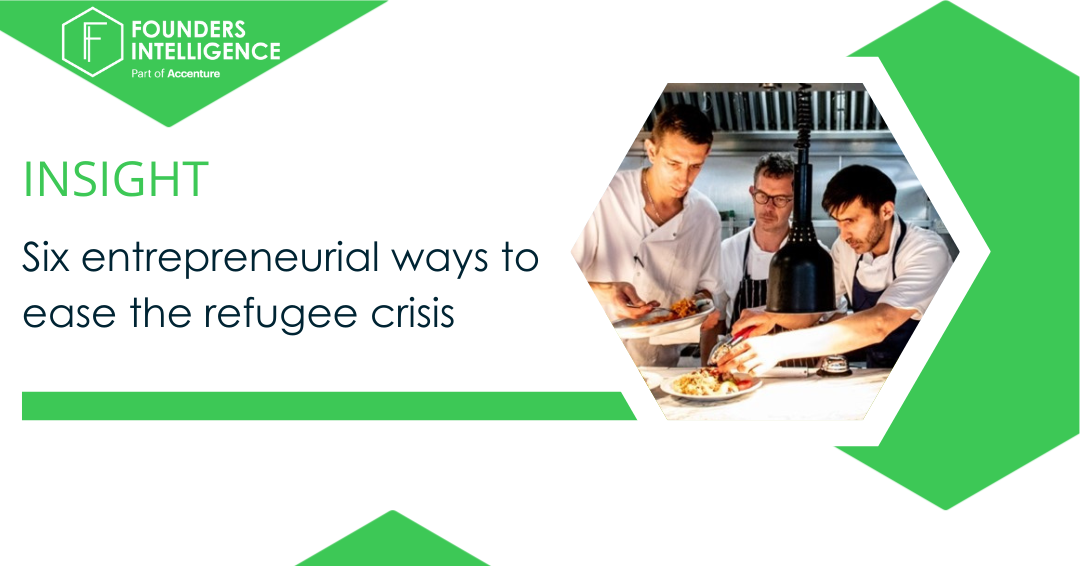myfirstminute in conversation with Sir Martin Sorrell
Our partner firstminute capital hosted a conversation with Sir Martin Sorrell. Best known as the founder of WPP, which he built from a £1 million shell in 1985 into the largest advertising and marketing services company in the world, worth over £16 billion on the day he left. He served as WPP’s CEO for 33 years, making him the longest-serving chief executive of a FTSE 100 company. Sir Martin founded S4 Capital, a digital-only advertising and marketing venture, in 2018 as Executive Chairman, and has already grown it to a £1 billion+ business.
Sir Martin shared stories of his early days and how he overcame his toughest challenges, as well as his view on the future of advertising.
At Founders Intelligence, we help business leaders reinvent their industries by tapping into insights from the tech and venture world; below are our key take-aways from the conversation with Sir Martin Sorrell:
Find a mentor and talk to them — often
- The role of a mentor is crucial to face tough decisions and push your thinking. Your mentor doesn’t need to be an expert in your field — all you need is a different perspective, playing your thoughts back to you in a way that captures their essence, and pointing you in the right direction.
- Sir Martin’s father was his mentor. Originally from Ukraine and having left school at 13, he was first a ‘barrack-room’ business lawyer and later had a successful career running retail, radio and tv businesses. His lack of a formal education spurred him to ensure that Sir Martin had the best shot at one, and his strong work ethic, working 7 days a week but making time for family, instilled in Sir Martin a strong drive for success. They spoke several times a day, and his father was pivotal to his early successes.
The greatest asset any company can have is agility — which is why Big Tech will stay on top
- No one is safe from the risk of irrelevance: even the Big Tech companies must keep looking out for the two people in a garage in a corner of the world, working on the next thing — and they do.
- Big Tech’s biggest asset is agility, which makes them very hard to stop. An example: Amazon is creating a new revenue stream mid-crisis by investing $1 billion of their $4 billion incremental profit to create services responding to COVID.
- Unsurprisingly, Sir Martin’s personal motto translates from latin as ‘persistence and speed’.
Advertising is based on emotion: data and technology will only enhance its effectiveness
- Since Don Draper, advertisers have been able to sell to us by eliciting an emotional response to their message. That’s why we respond to ads, even though we know we’re being sold to.
- Emotion can be developed from data: as we get access to more and better information, we can craft big ideas into messages in a more effective way, creating greater choice for consumers. Anyone who believes advertising was better in the past is looking through rose-tinted glasses.
The time for traditional large advertising conglomerates is over
- Advertising is in a brain vs. brawn battle, and digital is about the brain, traditional advertising is more about brawn. The answer is break-up of the big advertising conglomerates: the ‘sum of the parts’ value of WPP, Publicis and Omnicom is probably double their current market cap. The market value is less than the sum of its parts.
- Digital, Sir Martin predicts, will go from 45% to 57%+ of total advertising by 2022. COVID-19 will only accelerate this trend, which is happening on 3 levels: 1) consumers, as they change the way they shop, educate and communicate; 2) media, as newspapers and magazines go out of business, free to air TV comes under pressure and content streaming continues to dominate; 3) enterprise managers: as the status quo no longer exists, they are free to make their move without fear of upsetting the (already upset) apple cart.
Sir Martin reflects that he will be more efficient with his time post-lockdown: it’s our most precious commodity, and technology has proven to be well-suited to collaborate remotely. He thinks we will no longer travel at the drop of a hat — not for fear of infection, but because we’ll be empowered to take control of our time again. Like many of us, he’s dusted off his cooking skills in lockdown — and can now make a mean fish on the barbecue.
Many thanks to Sir Martin Sorrell and firstminute for the fascinating conversation.


